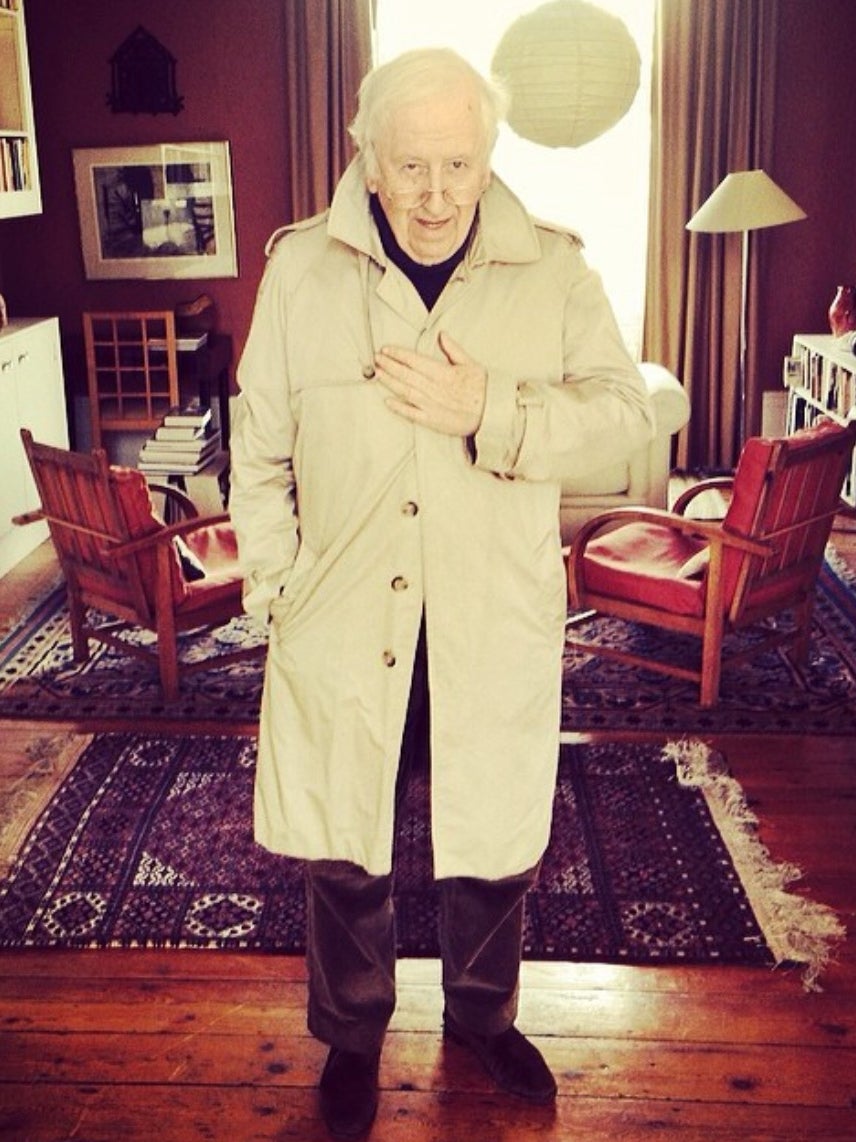Hugh O’Shaughnessy: Acclaimed foreign correspondent specialising in South America
The journalist stayed on in Chile after the 1973 military coup to witness General Pinochet’s regime of murder and torture

Hugh O’Shaughnessy, who has died aged 87, was a distinguished foreign correspondent who spent much of his life reporting on Latin American politics.
He will be best remembered for his coverage of the 1973 military coup in Chile that unseated the democratically elected president, Salvador Allende, and for the bravery he showed in staying on to bring stories of murder and torture under General Pinochet’s dictatorship to millions of readers.
“The feeling of terror that I experienced in September 1973 has never left me,” he said 25 years later.
O’Shaughnessy, who regularly wrote for The Independent, The Guardian, The Observer and other publications, pulled the story together in his 2000 book Pinochet: The Politics of Torture.
Its publication came two years after Pinochet’s arrest in London on charges of torture and conspiracy to murder during his 17-year rule. Former British prime minister Margaret Thatcher, who visited him while under house arrest, defended the former dictator, who had given her country surveillance assistance during the Falklands War. He was eventually released on grounds of ill health.
Before giving a sober, authoritative assessment of Pinochet and the human rights abuses he committed, O’Shaughnessy outlines the success of the Allende government in creating a socialist state with the population experiencing an improvement in social conditions and workers’ wages rising faster than inflation.
A detailed examination of the events leading up to the American-backed coup is followed by his portrait of the general, whom Allende had trusted and only just made commander-in-chief of the army.
Devoid of words such as “evil”, it is a damning factual account of Pinochet’s rise to power, control over a military junta responsible for several thousand deaths and “disappearances”, and the torture of tens of thousands of people, and his embracing of free-market policies and outlawing of trade unions and political parties.
American involvement in the affairs of South American countries frequently featured in O’Shaughnessy’s work. He was one of only two foreign journalists in Grenada when the US invaded the Caribbean island in 1983. His book Grenada: Invasion, Revolution and Aftermath, published the following year, featured his eyewitness reportage.
Over his career in journalism, he saw many shifts in the political and social landscape of South America.
Away from the continent, his mission to highlight injustices included genocide during the Indonesian military occupation of East Timor, the small island 400 miles north of Australia – again, with American collusion. His 1994 book was titled East Timor: Getting Away with Murder?
Hugh Anthony O’Shaughnessy was born in Reading, Berkshire, in 1935, the only child of Irish immigrants, Mary (née Donovan), an administrative assistant, and Charles O’Shaughnessy, a porter at the Home Office.

He was brought up in Chiswick, west London, but evacuated to Cork, in his parents’ homeland, during the Second World War. On his return to Britain, he attended St Benedict’s School, Ealing (1945-53).
After national service with the Royal Irish Fusiliers, he gained a degree in modern languages from Worcester College, Oxford (1956-59).
In 1960, after briefly working at Rowntrees’ confectioners in York, he began his journalism career on the Financial Times. Six years later, as a fluent Spanish speaker, he moved to Chile as a freelance correspondent.
He returned to Britain after a year for his children’s education but spent the rest of his career returning to South America, continuing to write for the Financial Times, as well as The Economist and The Irish Times, in his early years.
In 1981, O’Shaughnessy launched the short-lived weekly Spanish-language paper Correo, with news on Latin America for expats in Europe.
He also presented programmes on BBC radio, beginning with his assessments of Chile, Bolivia and Peru for the 1967 series Latin America Today.
In 1985, at a time of heightened tensions in the region, he made the eight-part Central American Journey, bringing his insight to subjects such as civil war in El Salvador, the Sandinista revolution in Nicaragua and the threat posed by Ronald Reagan’s support for the Contra rebels there, the political problems caused by a boom in marijuana in Belize, the hidden war in Guatemala and Honduras’s dependence on the US.
Mexican Journey followed in 1986, then Latin Americans, giving portraits of some of those living there, two years later.
O’Shaughnessy’s television programmes for the BBC’s Assignment series in 1992 and 1993 included one on how the grandchildren of the 1910 Mexican revolutionaries would look at the “capitalist revolution” following the country’s new trade agreement with the US, the old enemy.
In 1977, O’Shaughnessy set up the Latin America Bureau as a print and online publisher of news about the region.
His other books included The Priest of Paraguay (2009), about the election as president of Fernando Lugo, a bishop from a deprived diocese, following the country’s long history of being governed by the Colorado Party, a military dictatorship.
In 1961, O’Shaughnessy married Georgina Alliston, who died in 2011. He is survived by three of their children, Frances, Matthew and Luke. Another son, Thomas, died aged 22 in 1985.
Hugh O’Shaughnessy, journalist and author, born 21 January 1935, died 1 March 2022

